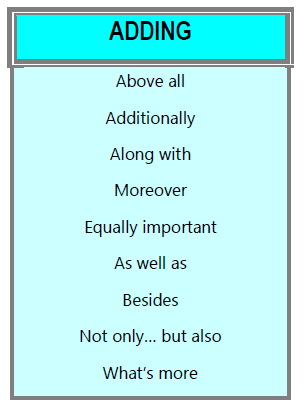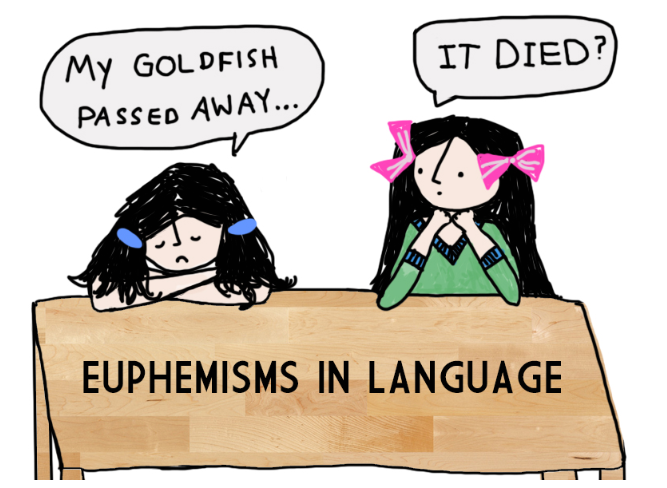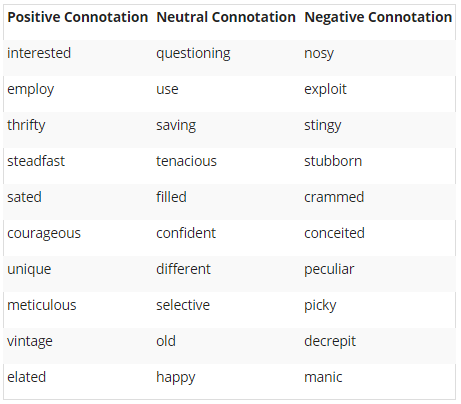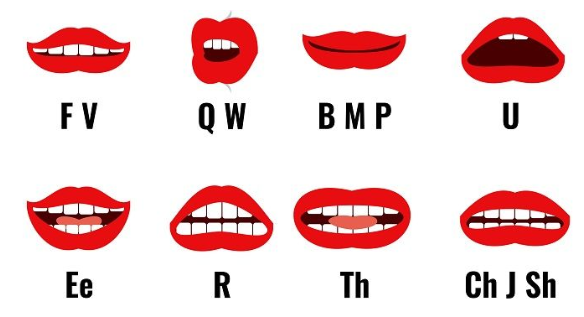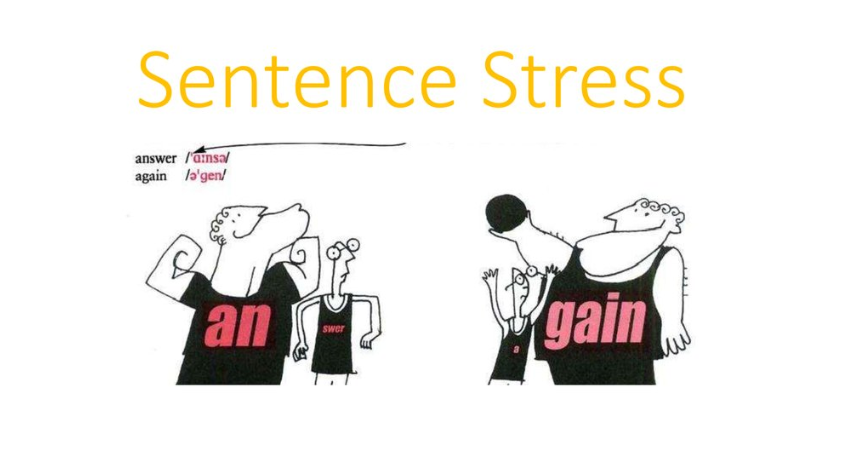IELTSスピーキング 試験官はここをチェックしている! 「比較級」
Grammatical Range and Accuracy 文法力と正確さ
┃「比較級」を使う COMPARATIVE STRUCTURES
IELTS Speakingは次の4つの基準で採点されます。
- 流暢さと内容の一貫性(Fluency and Coherence)
- 語彙力(Lexical Resource)
- 文法の知識と正確さ(Grammatical Range and Accuracy)
- 発音(Pronunciation)
ここでは、3つ目の採点基準『文法の知識と正確さ(Grammatical Range and Accuracy)』
比較級について解説します。
▮ 比較級の活用は IELTSスピーキングでは必須です!
IELTSスピーキング テストでは、しばしば、場所、グループ、時期など
2つのことを比較させる問題が出ます。
このような比較・対照させる問題は、Part 1とPart3で質問されます。
┃IELTSスピーキングテスト ― 2つのことを比較・対照する問題の例
What are the differences between letters and emails?
Do you prefer live in a house or an apartment?
┃IELTSスピーキングテスト ― 2つの場所を比較・対照する問題の例
What are the differences between living in the city and the countryside?
What are the differences between the south and the north in your country?
┃IELTSスピーキングテスト ― 2つの時期を比較・対照する問題の例
How are the houses today different from the ones in the past?
What changes have you seen in the past few years in your town?
┃IELTSスピーキングテスト ― 2つのグループを比較・対照する問題の例
Do men and women have the same attitudes to shopping?
Do young people and old people like listening to the same kind of radio programs?
2つのことを比較・対比させる質問をすることで、IELTS試験官は、受験者が
比較級の文法知識が十分備わっているかを試してます。
高得点を目指すなら、受験者は必ず比較級を使って回答する必要があります。
● 解答例
An apartment building usually has more public amenities than a house such as gyms and conference facilities.
Sending letters is not as convenient as sending emails.
A house has much more space than an apartment.
これだけは知っておきたい! 比較級 Comparative
比較表現は、文型や時制と共に、英語学習者を悩ませる「面倒くさいルール」のひとつです。しかし敬遠するほどの事ではありません。場数を踏めば必ずマスターできます。
比較表現には文法的な規則があり、使いこなすには要領が必要ではありますが、決して難しい事ではありません。比較表現を使いこなせない原因は、使い方をまだ曖昧にとしか把握できていないか、あるいは把握できていても十分に使用経験を積んでいないかのどちらかでしょう。
英文法の攻略は「最低限の理解」と「実践経験の量」がモノを言います。まずは、あらためて大まかなルールを振り返ってみましょう。
比較級の基本3種類とは?
- 2者間の性質・程度が同じことを表す [原級による比較]
Kate is as tall as her mother (is).
I don’t go out as often as I’d like to.
He’s almost as good as me.
2. 2者間の性質・程度の差があることを表す [比較級による比較]
Tom is taller than his father (is).
She works more effectively than anyone I know.
Birmingham is smaller than London.
3. 3者以上の間で性質や程度が一番であることを表す [最上級による比較]
Bill is the tallest in his family.
She is the most useful member of the team.
Mexico City is one of the largest cities in the world.
高得点 7.0以上を目指す方! 必須の比較級
●「~のX倍・・・だ」を表す
This room is twice as large as that one.
That room is half as large as this one.
● 「できるだけ・・・」を表す
Call the doctor as soon as possible!
The doctor came as quickly as he could.
● 「抜群に・・・だ」を表す
She is by far [much] the best singer in this country.
● 「もっとも・・・でない」を表す
This is the least expensive computer in this store.
● 「もっとも・・・なものの1つ」を表す
This is one of the nicest rooms in the hotel.
●the + 比較級+ SV…, the + 比較級 + SV ~ 程度を増したり減じたりする
The more you read, the more you’ll learn.
The more I see him, the more I like him.
● 「~ほど・・・でない」
This car is less expensive than that one.
● 原級を使って「~ほど・・・なものはない」を表す
No (other) state in the United States is as [so] large as Alaska.
● no + 比較級 +than 「同じ程度にしか・・・でない」
The video camera is no bigger than my hand.
そのビデオカメラは私の手と同じくらいの大きさでしかない。
●no more …. than~ 「~と同じように・・・でない」共に否定する表現
Sleeping too much is no more healthy than eating too much (is).
寝過ぎは、食べ過ぎと同じように、健康に良くない。
● no less … than ~ 「~に劣らず・・・」共に肯定する表現
Relaxing is no less important than working (is).
リラックスすることは、仕事をすることと同じように大切なことだ。
● no more than + 数詞「(ほんの)~しか / (わずか)~にすぎない」
He paid me no more than 3,000 yen for the work.
彼はその仕事に対して、わずか3000円しか払ってくれなかった。
● no less than + 数詞 「~ほど多く」 数量が多い表現
She paid me no less than 30,000 yen for the work.
彼女はその仕事に対し、3万円も払ってくれた。
● not so much A as B 「AというよりはむしろB」
The drama was not so much a tragedy as a comedy.
● Nothing is more A than B (BほどAなものはない)
Nothing is more important than health.
最上級を表す様な表現も効果的ではありますが、比較級を使って最上級を表現するということにもチャレンジしてみたいですね。
例文:Nothing is more important than having a balanced diet.
(バランスの良い食事を摂るほど重要なものはない。)
とthanの後ろは動名詞でも良いでしょう。
● the A (最上級) in [of] B B の中で最も Aだ
The years I spent working with the children’s home were the most rewarding of my life.
その児童養護施設で働いて過ごした数年間は、私の人生で最も価値のあるものだった。
●the + 最上級 + 名詞 + (that) + 完了形 「これまで~した中で一番の・・・」
this is the very best wine I’ve ever tasted.
これは私がこれまで飲んだ中でまさしく最高のワインだ。
● all the + 比較級~ 「それだけ・・・/ ますます・・・」
We respect him all the more for his honesty.
彼は正直なので、私たちはいっそう彼のことを尊敬しています。
She works all the harder because she has a child.
彼女には子どもがいるので、それだけいっそう一生懸命働くのです。
● prefer A to B 「 BよりもAを好む」
I prefer playing sports to watching them.
試験対策に強いオンライン英会話 ”マイチューター”

